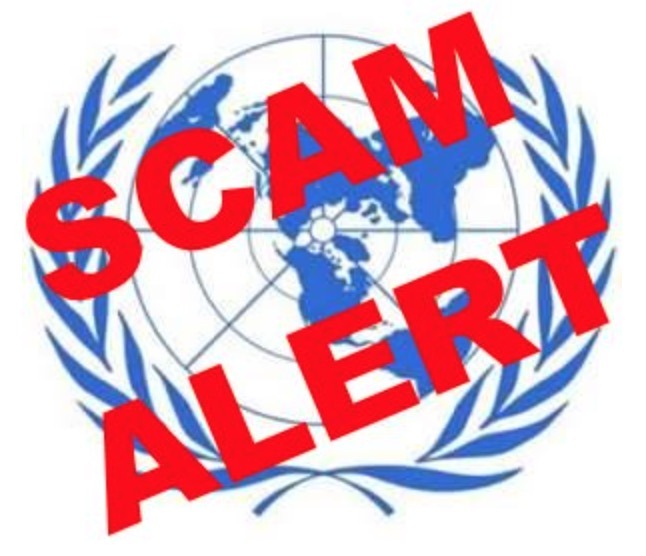The UN Releases Plan to Push for Worldwide Internet Censorship

The United Nations has disgraced itself immeasurably over the past month or so.
In case you missed the following stories, I suggest catching up now:
The UN’s “Sustainable Development Agenda” is Basically a Giant Corporatist Fraud
Not a Joke – Saudi Arabia Chosen to Head UN Human Rights Panel
Fresh off the scene from those two epic embarrassments, the UN now wants to tell governments of the world how to censor the internet. I wish I was kidding.
From the Washington Post:
On Thursday, the organization’s Broadband Commission for Digital Development released a damning “world-wide wake-up call” on what it calls “cyber VAWG,” or violence against women and girls. The report concludes that online harassment is “a problem of pandemic proportion” — which, nbd, we’ve all heard before.
But the United Nations then goes on to propose radical, proactive policy changes for both governments and social networks, effectively projecting a whole new vision for how the Internet could work.
Under U.S. law — the law that, not coincidentally, governs most of the world’s largest online platforms — intermediaries such as Twitter and Facebook generally can’t be held responsible for what people do on them.But the United Nations proposes both that social networks proactively police every profile and post, and that government agencies only “license” those who agree to do so.
People are being harassed online, and the solution is to censor everything and license speech? Remarkable.
How that would actually work, we don’t know; the report is light on concrete, actionable policy. But it repeatedly suggests both that social networks need to opt-in to stronger anti-harassment regimes and that governments need to enforce them proactively.
At one point toward the end of the paper, the U.N. panel concludes that“political and governmental bodies need to use their licensing prerogative” to better protect human and women’s rights, only granting licenses to “those Telecoms and search engines” that “supervise content and its dissemination.”
…click on the above link to read the rest of the article…